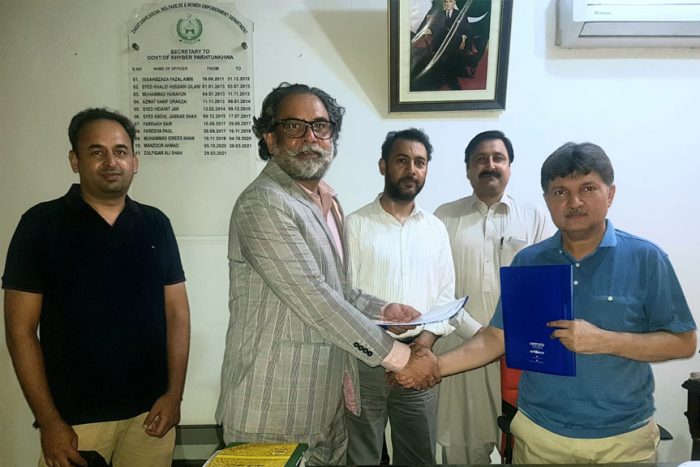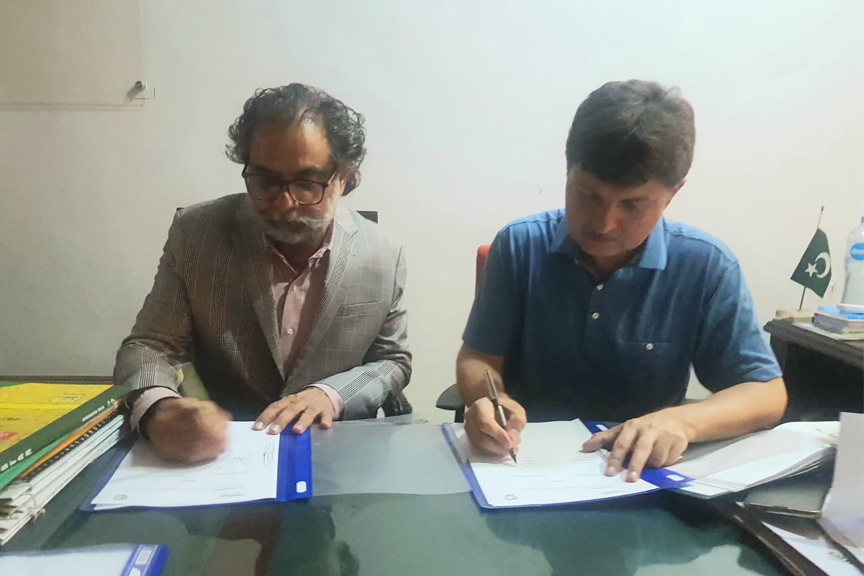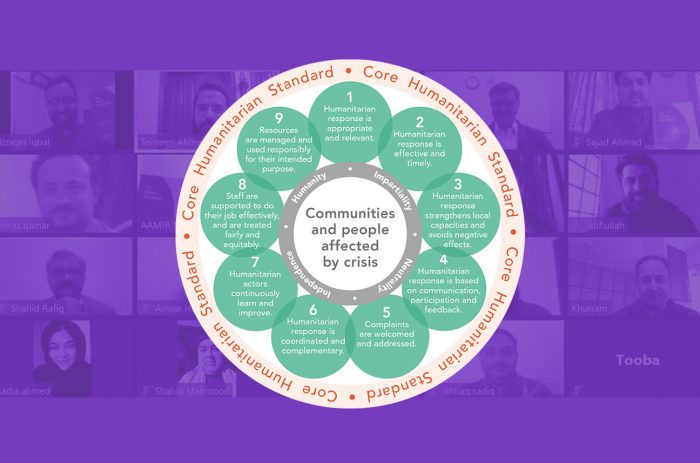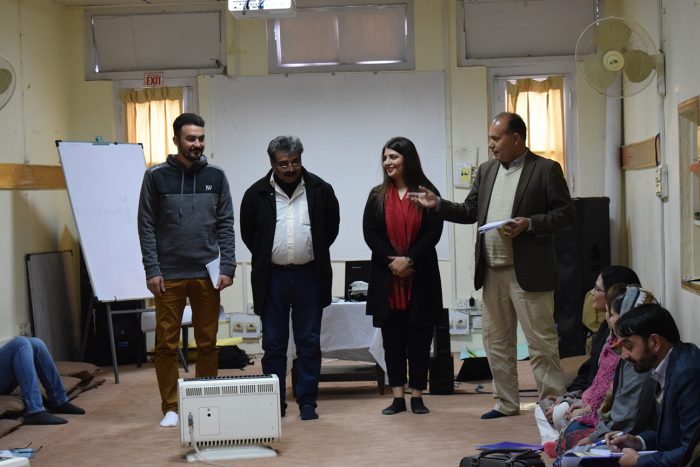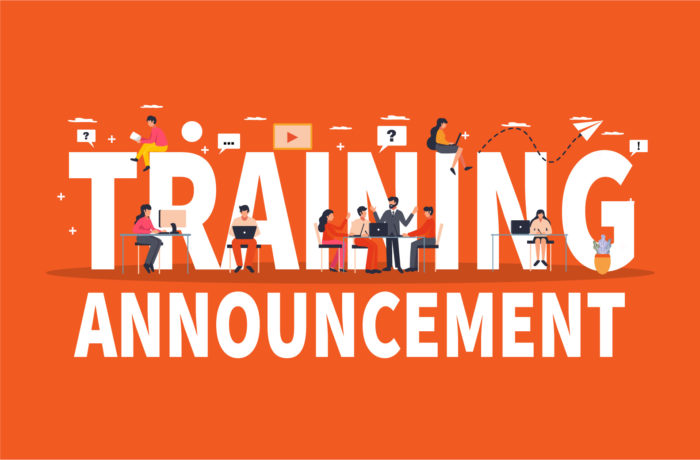When: 23rd– 25th November 2021
Where: Islamabad
Language: Urdu and English
Interested Applicants: CLICK HERE TO REGISTER!
Last Date to Apply: 5th November 2021
Objectives
Through this training, participants will be able to
- Identify essentials of project proposal writing
- Explore logical sequence and steps in the process
- Analyze the problem and address it systematically using problem and objective analysis
- Apply Theory of Change approach to projects and programs
- Develop project/program implementation plan and
- Define key aspect for developing project budgets
Background
A project proposal defines your approach and methodology to address key thematic focus or problem. The project proposal document consists of overall goal/impact statement, objectives, activities, project implementation and management methodology, key results/outcomes and associated budget to address any given problem. It fosters a relationship between an organization and potential donors about a particular project. It tells stakeholders about the situation, key issues to be addressed, proposed methodology and proposed outcome under the given budget and timelines.
Learning how to write a project proposal helps to better communicate with potential donors and partner organizations. This skill is essential for getting to know key elements of writing good proposal to increase chances of success. Proposals establish a formal framework about a project that enable clear understanding for all stakeholders.
Proposal writing can be a daunting task especially for smaller and medium-sized NGOs. This training will provide you an in-depth understanding about the key elements of good proposal writing. You will learn to communicate effectively with the donors. This training will also help you to understand the requirements of different donors, explore their formats and identify ways to innovatively address the key section in any given format. In an environment of increased competitiveness in the non-profit sector, it is crucial for all NGOs to learn essential skills in proposal writing. This training will provide you an opportunity to enhance your understanding and enhance your capacity to write effective proposals which can in turn benefit your organization to achieve its desired goals.
Number of Participants
- A maximum of 20 participants will be selected for the training. Women, differently abled persons and staff belonging to ethnic/religious minorities are encouraged to apply. Preference will be given to participants representing organizations working in remote and under-served areas.
Selection Criteria
- Participant’s organization should be registered with its respective provincial social welfare department
- Primary responsibility for proposal writing
- Mid or senior level manager in a civil society organization, preferably staff from small scale CSOs working directly with communities in small towns and cities
- Participants from women led organisations, different abled persons, religious/ethnic minorities will be given priority
- This 3-day training session is suitable for CSO and NGO workers of all levels particularly from locally-based organizations with a small staff size
- Willing to pay fee PKR 10,000 for the training. Exemptions may be applied to CSOs with limited funding and those belonging to marginalised groups.
- Commitment to apply learning in their work, including dissemination of learning within their organisation
Trainers’ Profiles
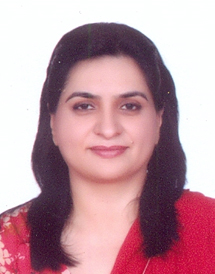 Ms. Sofia Noreen is an ambitious professional with over 28 years’ eventful career studded with brilliance predominantly in the area of research, program/ project designing and execution, monitoring, international development, and liaison & coordination. Her areas of focus include Gender and Women Empowerment, Climate Change/ Food Security within rural communities, and Governance issues both at policy and implementation levels.
Ms. Sofia Noreen is an ambitious professional with over 28 years’ eventful career studded with brilliance predominantly in the area of research, program/ project designing and execution, monitoring, international development, and liaison & coordination. Her areas of focus include Gender and Women Empowerment, Climate Change/ Food Security within rural communities, and Governance issues both at policy and implementation levels.
She is a dependable professional with a comprehensive understanding of Pakistani politics, the parliamentary setup, and electoral reform agenda and familiar with election management systems both for general and local bodies elections.
Ms. Sofia has delivered multi-day training programs on train-the-trainer, team building, and other related topics. She is an articulate communicator who is highly well versed in Log Frame Analysis, Risk Analysis, and management for Result Based Management, budgeting, staff recruitment, capacity development, NGO management, stakeholder engagement, evaluation of program and projects, report writing, proposal writing and manuals. Throughout her career, she has been committed to following the principles set forth with the UDHR, ICCPR, CEDAW, and other international conventions and standards. Mr. Khurram Saeed is working with Community World Service Asia and leading the Quality and Accountability program. He has over 10 years of experience in capacity enhancement support, project management, coordination & networking. He holds hands on experience in promoting Quality and Accountability and applying project cycle including assessing, designing, implementing, reviewing and evaluating projects in humanitarian and development context. He remained extensively involved in the designing and carrying out humanitarian/development capacity enhancement interventions in participatory manner including development of strategies, training manuals and training events.
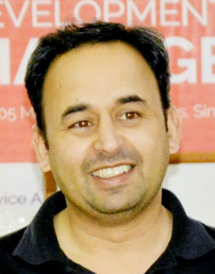 Mr. Khurram Saeed is working with Community World Service Asia and leading the Quality and Accountability program. He has over 10 years of experience in capacity enhancement support, project management, coordination & networking. He holds hands on experience in promoting Quality and Accountability and applying project cycle including assessing, designing, implementing, reviewing and evaluating projects in humanitarian and development context. He remained extensively involved in designing and carrying out humanitarian/development capacity enhancement interventions in participatory manner including development of strategies, training manuals and training events.
Mr. Khurram Saeed is working with Community World Service Asia and leading the Quality and Accountability program. He has over 10 years of experience in capacity enhancement support, project management, coordination & networking. He holds hands on experience in promoting Quality and Accountability and applying project cycle including assessing, designing, implementing, reviewing and evaluating projects in humanitarian and development context. He remained extensively involved in designing and carrying out humanitarian/development capacity enhancement interventions in participatory manner including development of strategies, training manuals and training events.
Scholarship/Discount Details: Special Scholarships are available for those organization that send two or more females to attend the training.
Additional Details: The final deadline for applications is November 5th, 2021. Please be assured that incomplete applications will not be entertained. Community World Service Asia (CWSA) is a humanitarian and development organization, registered in Pakistan, head-quartered in Karachi and implementing initiatives throughout Asia. CWSA is a member of the Core Humanitarian Standard (CHS) Alliance, a member of Sphere and their regional partner in Asia and also manages the ADRRN Quality & Accountability Hub in Asia.






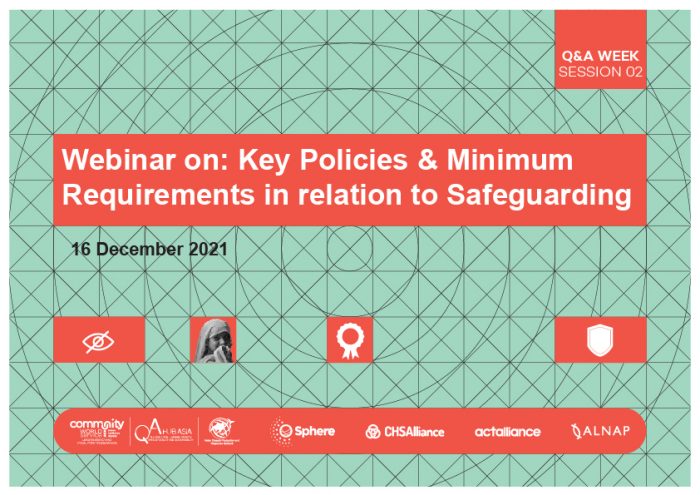

 Ms. Sofia Noreen is an ambitious professional with over 28 years’ eventful career studded with brilliance predominantly in the area of research, program/ project designing and execution, monitoring, international development, and liaison & coordination. Her areas of focus include Gender and Women Empowerment, Climate Change/ Food Security within rural communities, and Governance issues both at policy and implementation levels. She is a dependable professional with a comprehensive understanding of Pakistani politics, the parliamentary setup, and electoral reform agenda and familiar with election management systems both for general and local bodies elections.
Ms. Sofia Noreen is an ambitious professional with over 28 years’ eventful career studded with brilliance predominantly in the area of research, program/ project designing and execution, monitoring, international development, and liaison & coordination. Her areas of focus include Gender and Women Empowerment, Climate Change/ Food Security within rural communities, and Governance issues both at policy and implementation levels. She is a dependable professional with a comprehensive understanding of Pakistani politics, the parliamentary setup, and electoral reform agenda and familiar with election management systems both for general and local bodies elections.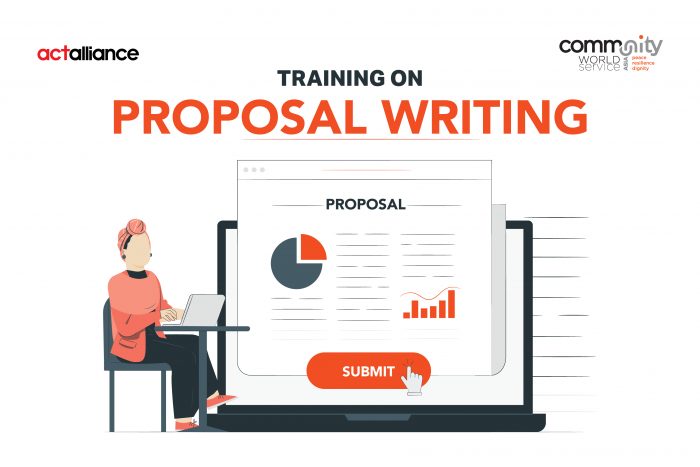
 Mr. Khurram Saeed is working with Community World Service Asia and leading the Quality and Accountability program. He has over 10 years of experience in capacity enhancement support, project management, coordination & networking. He holds hands on experience in promoting Quality and Accountability and applying project cycle including assessing, designing, implementing, reviewing and evaluating projects in humanitarian and development context. He remained extensively involved in designing and carrying out humanitarian/development capacity enhancement interventions in participatory manner including development of strategies, training manuals and training events.
Mr. Khurram Saeed is working with Community World Service Asia and leading the Quality and Accountability program. He has over 10 years of experience in capacity enhancement support, project management, coordination & networking. He holds hands on experience in promoting Quality and Accountability and applying project cycle including assessing, designing, implementing, reviewing and evaluating projects in humanitarian and development context. He remained extensively involved in designing and carrying out humanitarian/development capacity enhancement interventions in participatory manner including development of strategies, training manuals and training events.